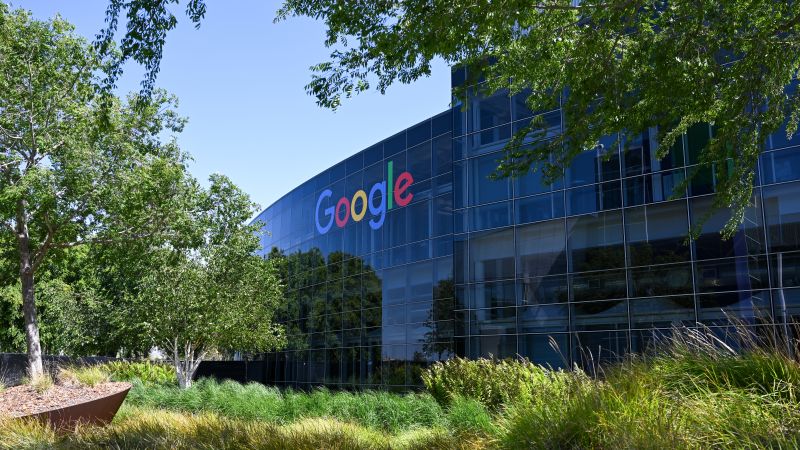Apple’s Safari browser defaults to Google as the primary search engine, with Google paying Apple billions annually for this prominent placement. The staggering figures involved were revealed in a recent antitrust lawsuit against Google that has entered its final stages. The Justice Department has launched a case against Google, alleging that the tech giant has monopolized the online search industry through contracts that make its search engine default on millions of devices and browsers globally. The outcome of this case could have significant implications for the tech industry and serve as a bellwether for other tech antitrust cases in the pipeline.
The government contends that Google maintains an illegal monopoly through its contracts, which enable it to gather extensive data on user searches. This data, the DOJ alleges, gives Google an unfair advantage in refining its search product and transitioning it into artificial intelligence, setting the stage for anti-competitive behavior. Google has defended its search engine’s popularity by claiming it is simply the best option and criticizes the government’s questioning of its contracts and payments. The DOJ has challenged Google’s justification for paying significant sums to secure default search engine status.
District Judge Amit Mehta, presiding over the case, held closing arguments after a lengthy trial last fall. Throughout the trial, Judge Mehta appeared impartial, keeping his decision-making process close to the vest. During closing arguments, Mehta posed tough questions to both sides, highlighting the challenges new competitors would face in attempting to dislodge Google’s dominance in the search engine market. The implications of this case could extend beyond Google and impact the broader landscape of tech antitrust regulation.
It remains to be seen when Judge Mehta will issue a decision following the closing arguments. If the judge rules in favor of the government and finds fault with Google’s practices, it could lead to further proceedings to determine penalties for the tech giant. Mehta’s scrutiny of the case and tough questioning of both parties suggest a thorough evaluation of the evidence presented. The outcome of this case could reshape the search engine industry and inform future antitrust cases involving tech companies.
Overall, the antitrust lawsuit against Google revolves around the company’s alleged monopoly in the search engine market, enabled by lucrative contracts with partners like Apple. The trial has shed light on the substantial amount Google pays for default search engine status and the potential anti-competitive implications of this arrangement. Judge Mehta’s impartiality and thorough consideration of the case throughout the trial indicate a deliberate approach to rendering a decision that could have far-reaching consequences for the tech industry. The final outcome of this case will be closely watched by stakeholders in the tech sector and could set a precedent for future antitrust proceedings.













